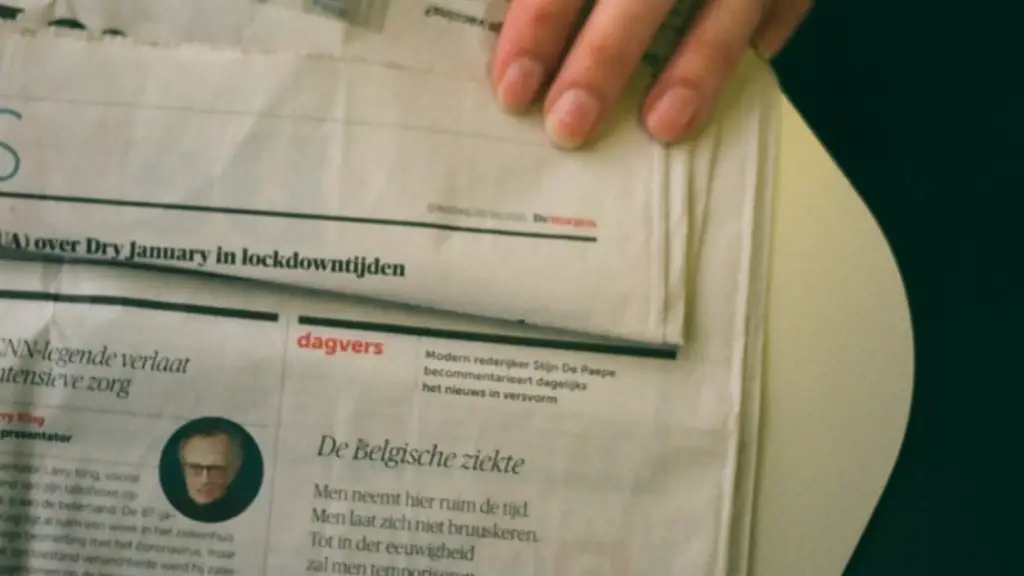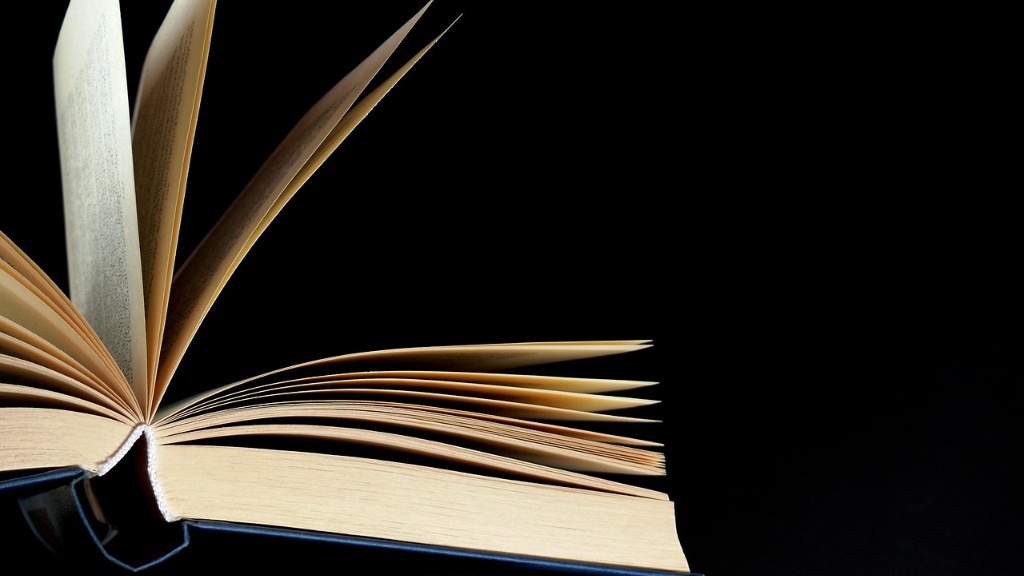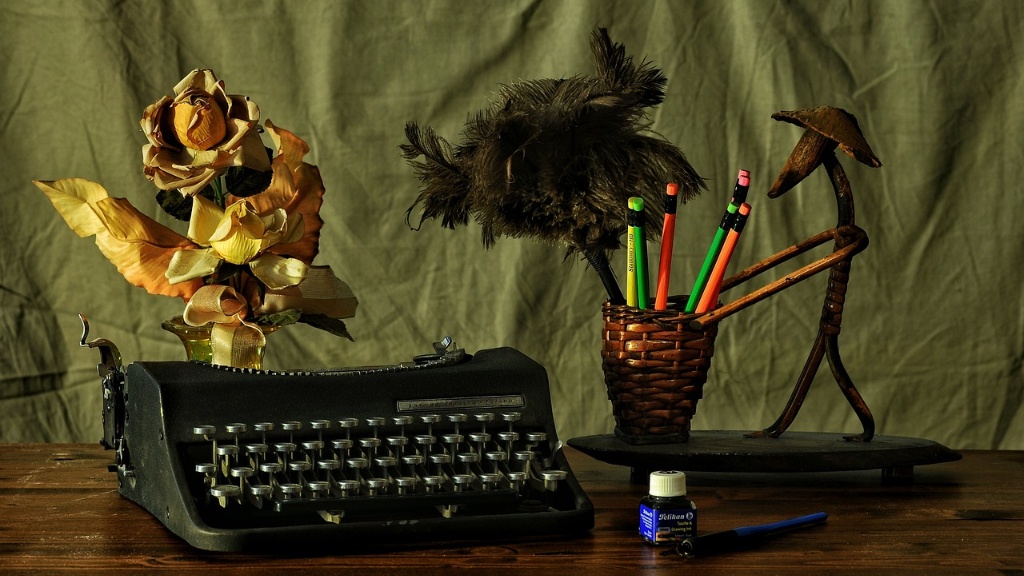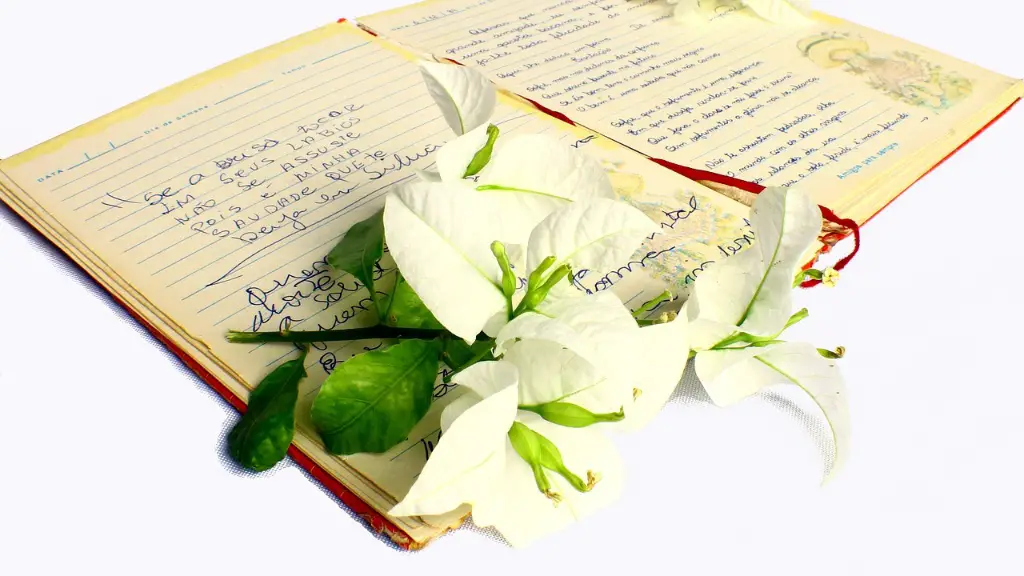Understanding the Nature of Repetition in Poetry
Possibly the most essential element of poetry is the eminence of repetition. Repetition is a figure of speech used to emphasize an idea and to create an effect. It helps to emphasize an idea and to create rhythm in a poem or a stanza. Rhyme is obviously a primary concern in poetry but successful repetition of sound or words can have a far more captivating effect on the reader.
Repetition of words can draw attention to either a single word or a phrase. When used well in poetry, repetition can create momentum and propel the poem forward. It can bring energy to the poem and sustain power within it for readers to experience. Repetition of a particular word within a poem can be used to show emphasis on a certain idea within the text.
The use of repetition doesn’t take away from the communicative value of the poem. Instead it adds to the meaning by creating a sound or an image that is both powerful and memorable. It invites the reader to pay attention to what’s being said, if only so that he or she can follow the repeated phrase.
The repetition must, however, be precise and precise in delivery. If it is used sporadically or haphazardly, it can ruin the effect of the poem, distracting readers or drawing their attention away from the poet’s message. Likewise, if the repetition is used too much, it can quickly become too cliché. Therefore, a poet must exercise great discretion when using repetition.
Though the beauty of repetition is undeniable, its use can be a source of misunderstanding for those unfamiliar with the art of poetry. It is important to remember that repetition does not imply a lack of originality on the part of the poet. Instead, it is a tool that allows the poet to take language from the known world and express himself in a new way.
Thus, repetition is an essential part of poetic expression – a way for a poet to draw attention to his or her words and propel the poem forward. The careful use of repetition can be a stunningly effective way to create meaning out of words, generate interest among readers and convey powerful emotions.
Effects of Repetition in Poetry
The use of repetition can help to add an additional dimension of meaning to a poem – as if the poem is speaking directly to the reader. Repetition of a word or phrase can be used to focus the reader on an image or to suggest an idea. It can also help to create a deeper understanding of a poem and add an emotional element.
The effect that repetition has on the feel and sound of a poem is unmistakable. Repetition of words produces a rhythm, creating an exuberant energy that is both soothing and stimulating. It can add structure to verse and create a powerful effect on the listener or reader. For example, deep and resonating repetition of words can suggest sadness, whereas light, fast repetition can create a sense of joy.
This ability of repetition to create contrast and evoke emotion is something that has to be harnessed by the poet. In the words of the great Robert Frost: “The use of repetition can create the effect of a song or a chant, or can heighten the tension in a profound way”. What the poet needs to consider is how to effectively use repetition to evoke an emotion and make their writing more captivating.
For instance, repetition can be used to create a sort of soundtrack for a poem. By repeating a certain phrase or sound, the poet can create a sense of suspense, suspense that builds until the poem reaches its climax. This allows the poet to express a great deal of emotion without requiring a great deal of words.
Overall, repetition is an important and effective element of poetic expression. The potential of repetition is immense, and it can be used to create texture, atmosphere and emotion in a poem. It is an important tool for the poet and one that should not be overlooked.
Exploring the Possibilities of Repetition
The use of repetition can open up the world of poetry and make it accessible to the general public. A poem that employs the use of repetition can be enjoyed by all, regardless of whether they possess a deep understanding of the intricacies of verse.
It can also be effectively used to simplify complex ideas. By using repetition of certain words and phrases, a poet can impart a deep understanding of a concept without going into too much detail. This allows the poet to convey complex ideas without requiring a deep knowledge of the subject.
Repetition is also a great tool for teaching and inspiring others. The repetition of a certain phrase or line can inspire readers to think deeply about the world around them and offer an insight into the poet’s worldview. Furthermore, repetition can help to introduce the reader to new concepts, topics, and layers of meaning that they may otherwise have been unaware of.
Finally, repetition can be used to expand upon a simple idea. By repeating a phrase or sound several times throughout the poem, a poet can create a sense of unity and cohesion and develop a richer understanding of the poem’s subject matter.
Overall, repetition can be used to great effect in poetry. From generating new ideas to expanding upon existing concepts, repetition is a powerful tool that can be used to elevate a poem to the next level.
Real-World Examples of Repetition
One of the most famous examples of repetition in poetry is Emily Dickinson’s ‘Hope is the thing with feathers’. In this poem, Dickinson uses repetition of the words ‘hope’, ‘thing’, and ‘feathers’ to emphasize the idea that hope can be found even amidst despair. This poetic device creates a rhythm and adds emphasis to her words.
Another example, this time from William Wordsworth’s ‘The World Is Too Much With Us,’ features a repeated phrase, ‘late and soon’. This line is used throughout the poem to emphasize an idea of constant change – an idea that is at the core of Wordsworth’s sentiments expressed in the poem.
Robert Frost’s ‘The Road Not Taken’ is another poem that makes use of repetition. The line ‘two roads diverged’ is repeated at the start and the finish of the poem, creating a sense of cyclicality and an ending that mirrors the beginning of the poem.
The repetition of words, phrases, and sounds can be used to create a strong and vibrant poem. It helps to draw the attention of the reader and to create maximum impact on the subject of the poem. Repetition should, therefore, be utilized by poets to create interest and draw the reader into the poem.
Repetition as a Tool for Engagement
Repetition is an effective tool for engagement due to its capacity to add a certain level of consistency and familiarity to the poem. Repetition helps to build on the overall theme and to bring a greater level of consistency to the poem. This can help to keep the reader engaged and can assist in creating a memorable poem.
Likewise, repetition can be used to create a sense of anticipation. Poets can use repetition to introduce something of interest and then build up to the climax of the poem. This can be a powerful tool for engaging readers and creating a memorable poem.
Music is another medium where repetition can be used to great effect. Repetition of a particular word or phrase can create a ‘hook’ or a ‘catchy phrase’. It can help to create a sort of soundtrack for the poem, adding rhythm and energy to the poem and drawing attention to important words or phrases.
Finally, repetition can be used to convey deeper meaning. Repetition of certain words and phrases can be used to emphasize an idea or to create a lasting impression. Repetition can also be used to add a level of emotion to a poem, thereby making it more vivid and captivating.
Tips and Advice on Repetition
When utilizing repetition in a poem, it is important to remember a few key points. First, the poet should choose words and phrases carefully, as the wrong selection can have an adverse effect on the poem.
Second, the poet should always make sure the repetition is purposeful and has a point. It should be used to create focus and carry the poem forward, and not simply added for the sake of creating a rhythm.
Third, it is important to remember that the repetition should add to the poem’s meaning, rather than detract from it. Repetition should be used to create an effect and help to draw the reader’s attention to the important points of the poem.
Finally, repetition should be used sparingly. Too much repetition will lead to clunky and unimaginative prose, and could potentially detract from the overall effect of the poem. The poet should exercise discretion when utilizing repetition and should strive to use it sparsely and effectively.
Takeaways on Repetition in Poetry
In conclusion, repetition is an essential element of poetry and can be used to great effect in the right hands. If a poet is able to successfully use repetition in a poem, they can create a powerful emotional effect and draw attention to the subject of the poem.
Poets should exercise discretion when using repetition, as it can quickly become cliché. Thorough consideration should be given before the repetition of a particular word or phrase and it should be used only to create a desired effect.
Above all, repetition should be used purposefully and sparingly. Its effective utilization can help to add a certain depth to the poem and make it more enjoyable for the reader. In other words, repetition can be used to create a lasting impression and to draw attention to the important points of a poem.





